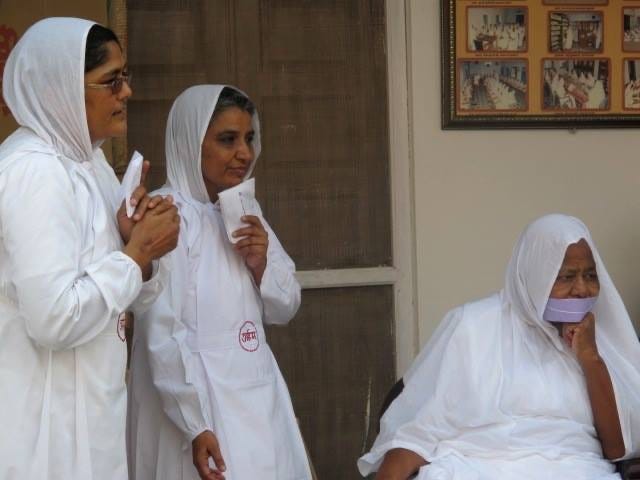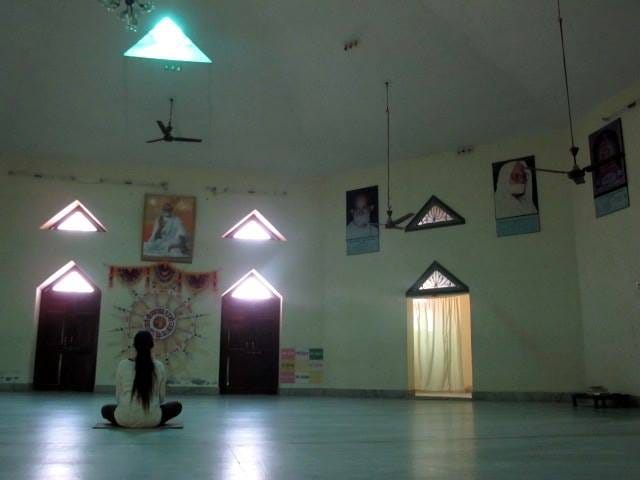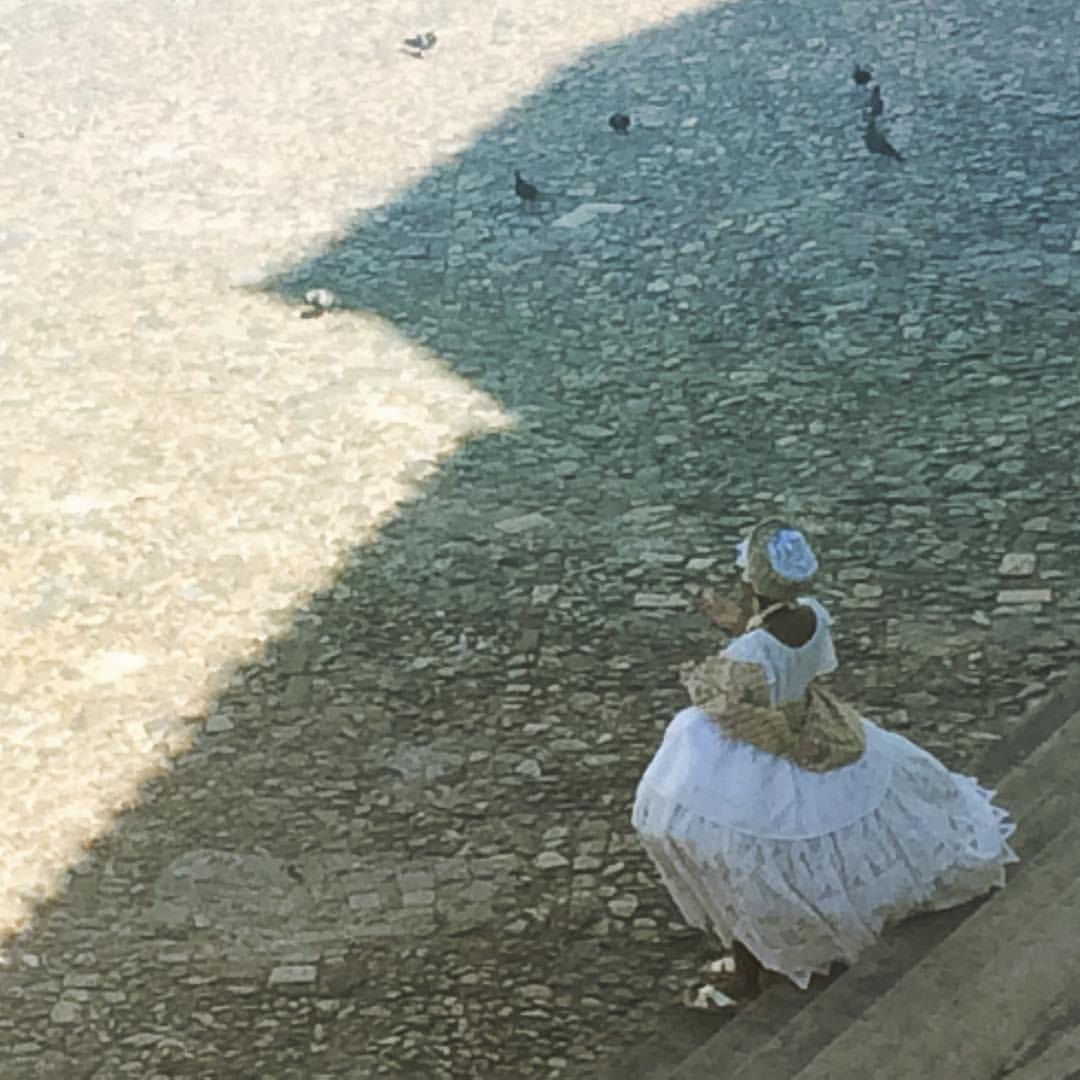Listen via audio
Hi friends,
This piece turned into quite the missive. So I thought I’d remove the paywall and send it out as a free entry for everyone - a token also to all the new free subscribers these past few weeks. Thanks everyone for being here, and welcome!
If you’re new here, this publication is usually comprised of a free newsletter at the start of each month, and then weekly - sometimes biweekly - Sunday pieces for paid subscribers. This one is part of a series I’m working on exploring ritual.
I hope you’re all having a slow, restful and wholesome Sunday. In fact, I wish these qualities for you every day. I’ve personally felt quite squeezed the last few weeks… months, perhaps. I’m not sure exactly when it happened, or how, but somewhere along the line my modus operandi has become a sort of consistent tiredness. Many things can be true at once and exist simultaneously, of course, and I’m also in a place of true contentment and joy. But yes, I do long for a pause that stretches out like a Sunday and a good, full body yawn, the kind someone you love catches and extends.
[Perhaps this tiredness has something to do with the hefty undertaking of writing a book…! In all seriousness though, I will never again criticise a book. At least, not without tipping my cup to the writer in total and absolute reverence beforehand - its very existence a miracle as far as I’m now concerned.]
Anyway - in the meantime! - some reflections on ritual continued. In my last two entries I shared some of my thoughts on what ritual is, and what it isn’t. And (somewhat boldly) tried my hand at teasing out the difference between organised and personal religion. Wrestling with a topic like that will no doubt be a culprit in fatigue! But, wrestle we must.
So might I be so bold as to say that I think the primary difference between organised and personal religion is direct, mystical experience [I suppose you can’t really write about these hefty topics without a bold statement here and there. If you missed last week’s piece, I dug into this cavernous topic for paid subscribers here].
I should probably clarify here that by mysticism, I mean the belief and experience of the possibility for personal and intimate encounters with the numinous field without the need for intermediaries, such as priests and gurus, or institutions, such as the Church. I don’t mean the ill-defined spiritual belief system of the New Age movement.
When I was in my early twenties doing my undergraduate degree at SOAS University in London, I took a class called Mysticism in the Great Traditions. It turned out to be one of those rare but unpreventable ordeals that, as Rilke would say, make you burst like a star and change your life.
The professor was a quirky Italian Zen Buddhist who had a shaved head, a tidy moustache, wore only black, and who tore my final project apart for quoting Graham Hancock - a “non-academic source”, in his words - in my case study of Ayahuasca and its psychedelic effects on consciousness [that’s a story for another day!].
But in this class, I met Pratibha Pragya Ji. Pratibha was a Jain nun who had been flown to London by her guru to write a PhD thesis on Jain philosophy. Dressed in her white cloth and white veil, and with a mouthpiece so as not to breathe in any living beings and cause them harm, I was drawn to her immediately. I would arrive early just to ensure I could catch the seat next to hers. And to my bewilderment, she seemed to take to me too. And that year, she took me under her wing. I would seek her out in the student common room between lectures and during lunch breaks, and in the midst of the buzzing hustle and bustle, she taught me how to meditate. Talk about an image of the sacred and the profane!

After I graduated, I ended up going back to Rajasthan with Pratibha. She invited me to teach English and Jain philosophy at their village school, and continue my spiritual studies. [Also, a story for another time!]
That small class in the moody backdrop of central London opened my eyes to the intricate commonality within the world’s religions and great traditions of an invisible reality that can be communed with directly.
It gave me an intellectual understanding of the direct religious experiences I was having through Pratibha and the other nun’s instruction.
Looking back, perhaps that’s where my sense that both intellectual refinement and a soulful, sensuous approach to life are equally important. That is, a diligence in developing both our intellectual capacity alongside the intuitive, poetic and imaginative faculties.
If we believe in the numinous, but don’t affiliate with either the New Age confines or the dogmas of organised religion, I think there are some fundamental questions that we can turn towards as a means of coming to our own personal religion. They may well even act as pillars, upholding our lives as we circle the great tower of Soul, or Consciousness, or God (take your linguistic pick).
In his poem Widening Circles, Rilke wrote:
I live my life in widening circles that reach out across the world. I may not complete this last one but I give myself to it. I circle around God, around the primordial tower. I’ve been circling for thousands of years and I still don’t know: am I a falcon, a storm, or a great song?
So, with this image of the questions as pillars, or the primordial towers around which we circle, the three questions I’ve distilled here are:
1) What is your cosmology?
2) Who makes up your pantheon?
3) What, or who, are you loyal to?
I think these questions are key in tethering our feet to the ground in an exceedingly airy modern western spiritual environment that tells us spirituality is essentially a blend of Sanskrit teachings and psychedelics from the Amazon.
This is not to say organised religion is bad. Or New Age spirituality is bad. I’m hoping to start the conversation on what I think is a type of third way - a personal religion that goes beyond the dogma of organised religion and the sloppiness of New Age amalgamations.
I suppose I would consider myself to be a religious person, in the sense that I believe in an invisible reality that can be communed with, and I believe in an intricate aliveness in all things. I’m currently experimenting with how it feels to use the word “religious” and not have it cause too much of an indent. See my thoughts on this reclamation of the word as an alternative to “spiritual” and as a type of ‘spirituality with rigour’ here.
I identify with Neoplatonism and consider myself both a monotheist and a polytheist. That’s to say, I believe in a creative principle but also in a non-hierarchical pantheon.
Though this may sound contradictory, it actually forms the life pulse of many ancient religions.
One example of this I found when I was in Bahia, Brazil. I was visiting a terreiro, a House of Worship, where the African diasporic religion of Candomblé is practiced. The religion is a fabulous synthesis between Catholicism and the religions of the Yoruba, Bantu, and Gbe of sub-saharan Africa.
I met an elderly priestess, known as a Mae-de-Santo (meaning mother of saints) who invited me to one of her Candomblé ceremonies in her home.
I found it to be very Quaker-esque, with over a dozen people in her living room singing, chanting and, every now and then, an individual entering into a shaking frenzy.
I found myself to be one of them.
At some point in the ceremony, it was impossible for me to tell, I felt a heat rise from the Earth and fill up my body. I began to shake uncontrollably.
The Mae, accompanied by two or three other priestesses, came over to me and guided me into her altar room. Here, she sat me down before her altar of the honey and sweet water goddess Oxum - whom she had identified me with - and all together, the women circled me, singing and praying and blessing me.
Eventually the shaking subsided, and I was taken back into the group.
These Afro-Brazilian beliefs are often classified as a ‘traditional religion’. But such a classification of their religious practice is in fact too simplistic. Because it is composed of multiple elements, with one supreme god and many lesser gods who are the focus of devotion.
The ancestors are seen as an avenue of connection with the supreme god, and the gods and ancestors are worshipped and honoured by annual ceremonies and by regular worship at shrines.
There are also spirits of the earth, hills, mountains, trees, wind, lagoons, rivers and the sea. Afro-Brazilian religion is thus monotheistic, polytheistic, ancestral and animistic all at the same time.
In terms of one of my fundamental research questions on trying to understand prehistoric and ancient religious systems, I believe they were probably similarly conceived and more flexible, complex and ambivalent than neat reconstructions of ‘Palaeolithic shamanism’ or ‘Neolithic ancestor cults’ may allow.
AND YET - and I think my partner would agree with this! - back to this question of discerning our cosmology - though I am religious, or spiritual, or whatever, I would say I’m equally an existentialist. I believe, simultaneously, that though everything has meaning, nothing has meaning.
I suppose that’s why I am allergic to absolutes; to gurus or religious devotees who make statements out of matters that can only be questions.
We can know only that we know nothing. And that is the highest degree of human wisdom.
- Leo Tolstoy
Perhaps this isn’t as contradictory as it might sound off the bat - to both believe in a unifying consciousness as well as free will and self-determination. By existentialism, I just mean the intricate draw towards the exploration of existence, its meaning, its purpose…
For instance, I stand behind Simone de Beauvoir’s belief that human freedom requires that all humans are free. And Sartre’s belief that our past does not determine our future and that existence creates itself based on our individual choices. Having had his own mystical experiences and yet denouncing organised religion, Sartre was, after all, the atheist mystic par excellence!
I find the brief moments I can hold both those paradoxical beliefs at the same time deeply wholesome and unifying.
Be it the belief in a unifying consciousness and self-determination.
The importance of a refined intellect and soulfulness.
A creative principle and many gods.
It especially happens when I’m sitting with my bees or walking through a forest. I find the natural world to be both my chapel and my library, the crucible that feeds both my intellect and that quiet, secret country that homes the Imagination.
Let me keep my distance, always, from those
who think they have the answers.
Let me keep company always with those who say
"Look!" and laugh in astonishment,
and bow their heads.
-Mary Oliver, from DevotionsAs I wrote in a particularly poetically disobedient piece on the Amnesia of the Modern World a few months ago, though a bird flying a certain way may mean marry the guy or divorce him (according to whatever necromancy book or spiritual teacher we are following) sometimes, a bird flying is just that: a bird flying.







Love love this one. Such a mega-subject so corageously tackled.
I appreciate the idea of reclaiming "religion" as a term in the time of "spiritual but not religious." I've taken this on myself and find it to be a meaningful personal distinction.